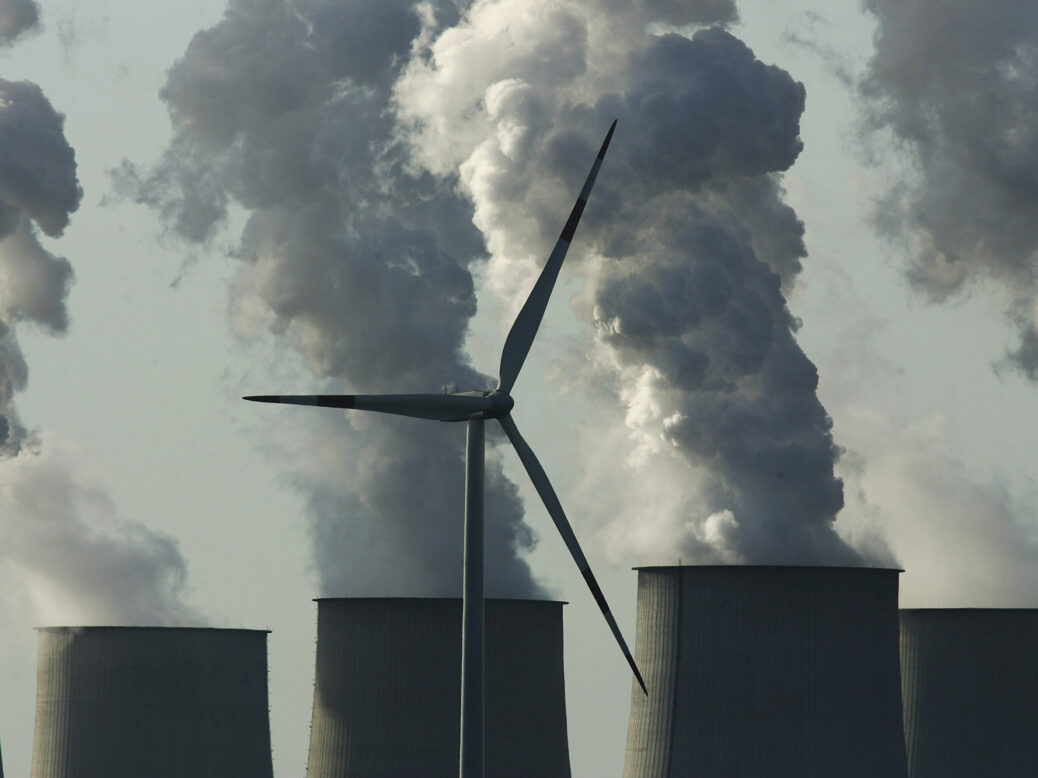
It’s one minute to midnight – but global leaders keep hitting the snooze button. That’s the downbeat message that Boris Johnson delivered at the end of the G20, when leaders of the world’s largest economies agreed to phase out funding for new coal-fired power plants by the end of 2021 abroad, but failed to reach an accord to do the same in their own countries.
This failure to take on coal power typifies the broader problem: that it’s easier to make promises on behalf of other people in other countries who you don’t need to persuade to vote for you, than it is to make them on behalf of those you do.
The G20’s failure on coal power is the same kind of failure as Boris Johnson’s inability to put a hard deadline on when gas-fired boilers should be banned in British homes and businesses. The reluctance of Australia’s prime minister Scott Morrison to commit to concrete measures to tackle climate change – beyond a new headline-grabbing net zero pledge – is the same kind of failure as the very low cap on capital expenditure envisaged in Rishi Sunak’s Budget, at precisely the point when the United Kingdom ought to be embarking on a big infrastructure programme to both lower emissions and adapt to a changed climate.
That political challenge is one reason why politicians are so often tempted by technological solutions, whether it’s Johnson flirting with carbon capture technology or Israel’s new prime minister Naftali Bennett using his first interview with a European newspaper since taking office to insist Israel’s technological wizardry will help tackle the crisis. Maybe they’re right. But these innovations should be a back-up plan, rather than plans A, B, C, D, E, F and G.
Will Cop26 correct these failures? Limiting the rise in global temperatures to 1.5˚C above pre-industrial levels is a process not an event, and there are plenty of positives that Johnson can point to that have resulted from this conference. The new net zero commitments by Australia and Russia both lack substance, but they are better than what went before.
Part of the problem is that these pledges represent baby steps when the world needs to be making giant strides. But an unsuccessful Cop26 will also create political problems for the Prime Minister at home. Although the number of committed climate sceptics on the Conservative benches is small, there are plenty of MPs who are nervous that their constituents may be all for green jobs and shiny electric cars but will oppose any disruption to the way they live. If Johnson can’t show meaningful global action at the end of this fortnight, he will find it harder to maintain support for the necessary measures to be taken here at Westminster too.
[see also: Degrees of separation: why Cop26 is so important]





